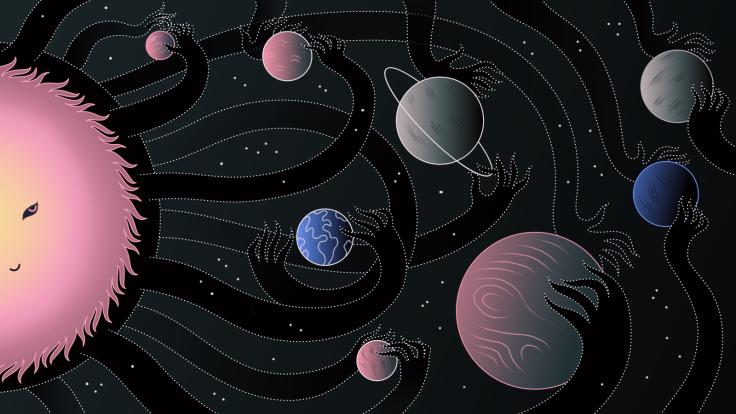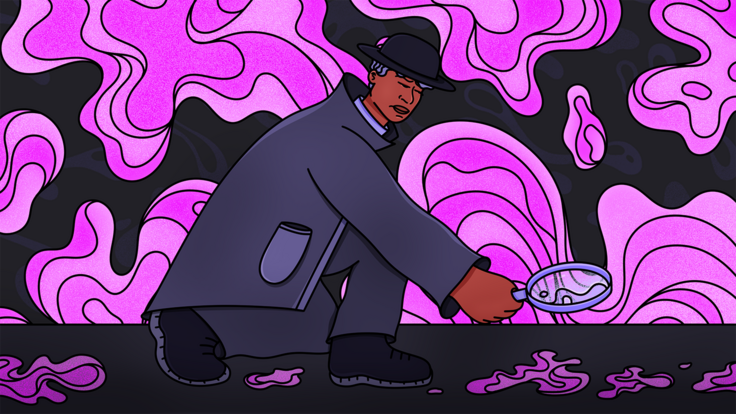“Science for all and all for science”
— Citizen Cyberscience Center motto
 |
Recently members of a group playing an online game called Foldit were able to solve a 15-year-old problem—determining the complex structure of an HIV protein—in just two weeks. This was made possible through citizen cyberscience, which connects the human brainpower and intuition of thousands of nonscientist volunteers around the world to a scientific grid of computing power. Their discovery could speed the process of drug development and medical studies of this deadly virus.
CERN scientists have done something similar. They've simulated more than 500 billion particle collisions thanks to hundreds of volunteers in the program LHC@home, which allows people to lend spare processing capacity from their home computers to physicists.
Physicist Francois Grey, who spent six years managing IT at CERN, is a pioneer of citizen cyberscience. In 2004, Grey launched LHC@home; and in 2009 he helped establish a Citizen Cyberscience Center in Geneva. The center, which hosts a variety of scientific and humanitarian projects, is an international partnership among CERN, the UN Institute for Training and Research (UNITAR) and the University of Geneva.
Grey describes citizen cyberscience as social networking with a purpose: to enable ordinary citizens to participate in real science via the worldwide Web. He draws a distinction between “open science,” focused on the free flow of scientific information primarily among scientists, and citizen cyberscience, which makes the scientific process itself available to amateurs outside the scientific community.
This second sort of openness, Grey says in a post on his Billion Brain Blog, “opens up science in a potentially far more radical way . It puts into question the very notion of a boundary between professional and amateur science.”
He adds, “The overriding argument for citizen cyberscience is its ability to share the wonder of scientific discovery more widely, as something people with an interest in the world around them can partake in.”
It can, he argues, ignite a passion for science that too often falls victim to boring science teachers and dumbed-down popular science works, a passion “that scientific experts, fenced in behind their technical jargon, often fail to kindle amongst the wider public.”
Citizen cyberscientists will come together in their second Citizen Cyberscience Summit (say that three times fast) in London in mid-February. Meanwhile, all would-be cyberscientists are welcome to join the CCC. Project information can be found at www.citizencyberscience. net
Judith Jackson
Click here to download the pdf version of this article.






